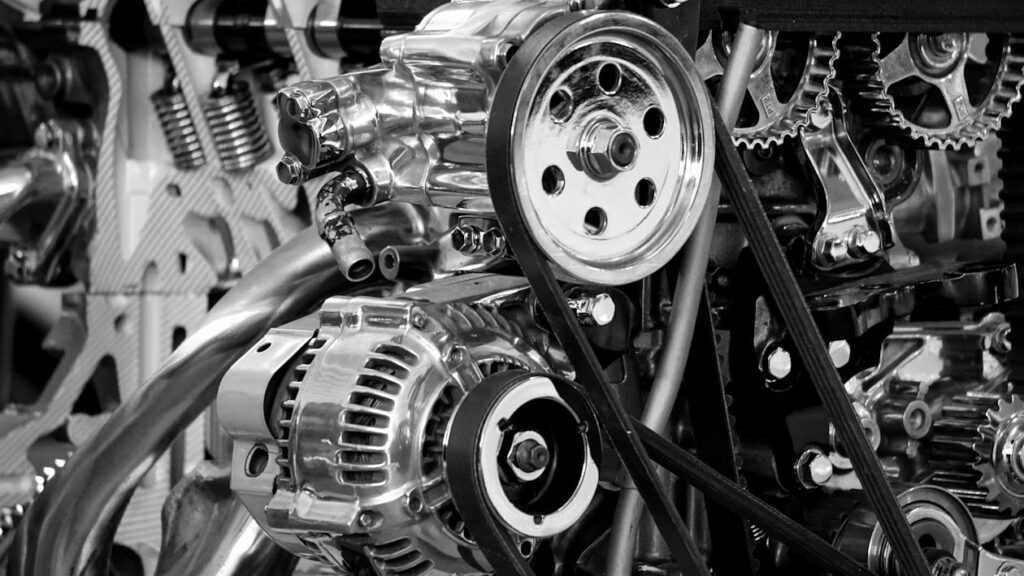Buy a Hungarian company
This is an old post. Information may be outdated.

In Hungary, almost forty years have passed since the re-establishment of the market economy in 1988, during which time thousands of economic associations have been established and ceased to exist.
These businesses were partly built on the foundations of former state-owned enterprises, but a significant portion of them were formed as entirely new companies.
The majority of the former state-owned enterprises are no longer operational, at most continuing activities on their properties but not engaging in traditional production. Examples include the former IKARUS bus factory or the recently shut down “Dunai Vasmű” (Danube Ironworks).
Many of the newly launched businesses continue their operations today, such as Graphisoft Zrt., but they have followed diverse paths of development, and most have not grown beyond the operational size of a traditional family business.
The founding leaders of the private companies established between 1988 and 1995 are no longer of active age and could be as old as 70. The majority of these companies have not been transformed into multi-generational businesses, meaning the founders’ children are not involved in the company’s management, and the companies may become inoperable in the event of the founder’s potential incapacity to work.
According to the Hungarian Central Statistical Office (KSH), 924,000 economic associations were operating in 2023. Based on a good estimate, there may be 4-5 thousand companies that exceeded a revenue of HUF 1-5 billion and could be put up for sale according to the founder’s intention.
Determining the value of such companies is made difficult by the fact that the involvement of the founding owner can replace several management positions, as they may be the CEO, marketing manager, product developer, and financial manager all in one. Therefore, filling their shoes would require at least three to four managerial positions. The situation is further complicated by the founding owner’s dominance of market positions based on personal relationships, and the success of a new manager in building personal relationships with existing partners is uncertain, which could fundamentally affect the company’s profitability.
It is also difficult to determine the company’s value because the emotional return of the founding owner is not quantifiable at the time of sale and could represent a significant difference compared to the real company value.
When taking over a family business, the loyalty of employees to the founding owner, which may stem from decades-long relationships, must also be considered. It is doubtful whether the existing workforce is capable of significant productivity increases, which would reduce the return on investment.
Even if a family business has the most modern production systems, improving productivity is still uncertain because these assets are designed to serve the previous stabilized business operations, and it is difficult to assess the additional investment needs, which would also lead to a weakening of returns.
The companies in question significantly contribute to the performance of the Hungarian economy and, relative to their numbers, employ more people than some large corporations.
To maintain the current performance, at least 400-500 private market company sales would be necessary annually, but currently, there are generally only 100-120 sales.
The growth of sales would be well served by a predictable economic policy where sudden interventions in corporate taxation and pricing are not expected, and freer market competition is needed in the area of services and investments financed by the state budget.
A database that records the previous year’s tax value of companies could help in company valuation. In this case, the potential buyer could essentially start from the figures of a simple state audit before assessing the detailed company value.
The family businesses mentioned in the article, some of which have been operating for decades, are invaluable parts of the Hungarian economy, and it is in everyone’s interest that they survive and continue to engage in value-creating activities, possibly becoming more modern companies by gaining access to new financing and innovation.